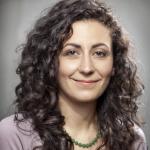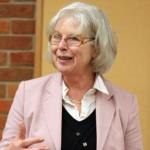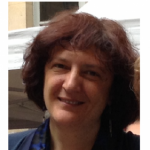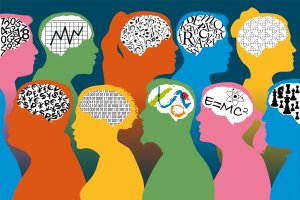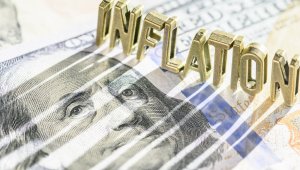In a world where wealth and power are concentrated in very few hands, established intellectual elites — and the educational system that reproduces them — has been showing signs of structural weakness, diminished cultural and moral authority, and a widespread loss of credibility. To comprehend and respond to this crisis, we should consider how societies define themselves is by the status they accord to a body of received ideas, whether in the form of blind acceptance, rupture, or challenge and synthesis. Largely, this relation depends on the quality and openness of the established intellectual elite and the fitness of the education system to the task of fostering the new as an evolution from the past.
At the Institute for New Economic Thinking, we believe it has become a matter of urgency for economists to critically reexamine a discipline lacking both openness and realism. In that spirit, we present Experts on Trial, an online symposium as part of our ongoing research programs that critically analyzes the concepts, policy practices and methodologies in the tool-bag of the experts. (See for instance Antonella Stirati’s work on NAIRU and the Phillips Curve; Lance Taylor’s work on the ‘natural’ interest rate; my own work on the politics of cyclically adjusted budgets; and James K. Galbraith’s observations on politics and forecasting models).
“People have had enough of experts” is the provocative title of the first contribution to this symposium, in which Prof. Sheila Dow explains that the problem might lie in how economists have presented the extent of their expertise. Dow directly challenges the ‘scientific’ pretensions common among mainstream economists today — an orthodoxy which holds that the use of formal closed models enables precise forecasting. Embracing the interdisciplinary, institutional and complex nature of economics is the inevitably challenging job of the economist. “It is therefore immoral, not only to conceal value judgments, but also to present as scientific truth a conclusion which is approach-specific. It is incumbent on all economists to be prepared to explain their approach and defend it relative to others.”
Prof. Alessandro Roncaglia, in the second article of this collection titled “The economist as an expert: a prince, a servant or a citizen?”, asks how economists should place themselves in the cultural and political landscape. He recalls the historical roots of the idea of technocracy, arguing that it has always had an anti-democratic, authoritarian flavor. Instead, he postulates the idea of the economist as a socially and politically engaged citizen. The fact that the economist is not external to her subject of study implies the presence of different and sometimes rival visions in economics. As a further consequence, the mechanisms in place to select the best results in the discipline are far from — and never can be — value-free. In order to illustrate this concept, Roncaglia discusses two substantially different visions co-existing in the discipline, the Classical and the Marginalist approaches, as well as their different predictive and explanatory performance relative to the 2008 crisis.
This latter aspect receives an even deeper treatment in Prof. Antonella Palumbo’s article “Can ‘It’ Happen Again? Defining the Battlefield for a Theoretical Revolution in Economic Theory
Finally, we thought that a reflection on the role of experts, even if partial such as this one, could not prescind from a consideration of how our societies treat education, i.e. the production and transmission of knowledge and expertise from one generation to another. The article by Prof. Alex Molnar focuses on the United States where, much like in many other countries, continuous policies in the past 35 years have sought to “subordinate the democratic mission of public education to a theory of market-driven economic development and social organization.” The result of this expert-driven process has has been to reduce access to quality education across social groups, and to undermine the standing of a key building block of democracy.
